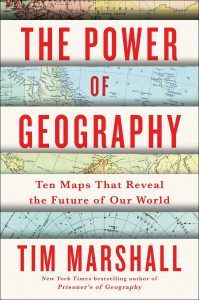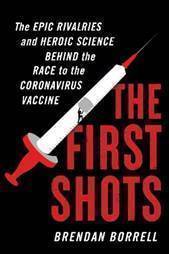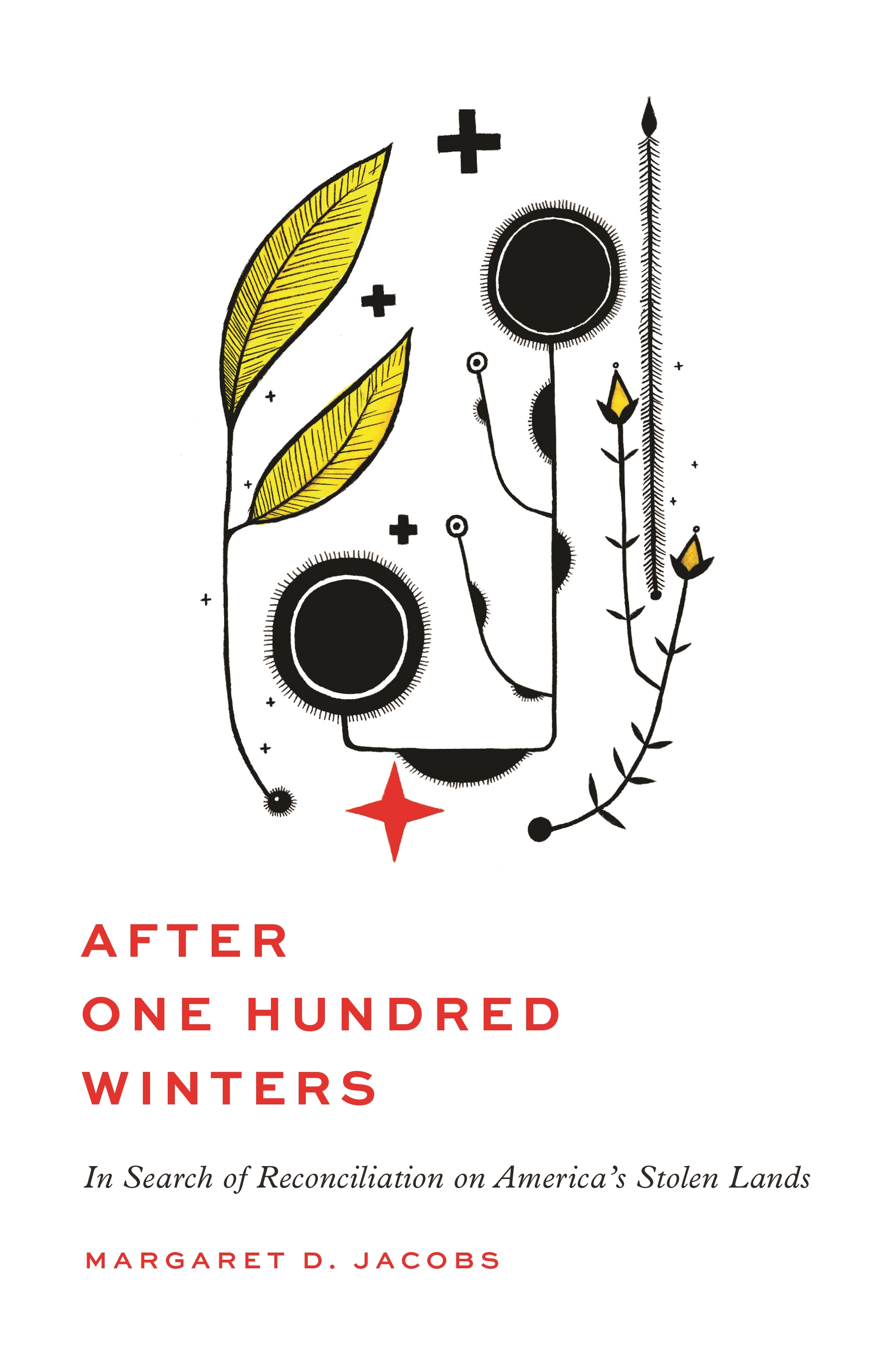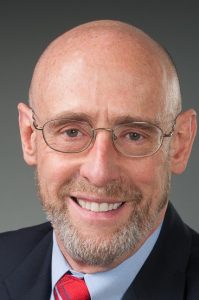EP 521 China’s Rising and America Lacks Strategy to Contain
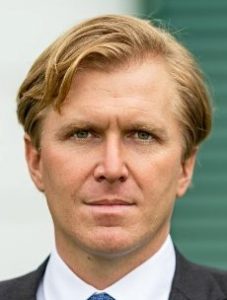
The unipolar superpower moment America had after the fall of the Soviet Union has ended without many of us sensing a peace dividend. We are now returning to a period of great power competition, with our fiercest competitor being China. The question before us is how to contain their growing economic and military ambitions before their ascendance is too far along to do accomplish peaceably. Our guest, Elbridge Colby, who served as deputy assistant secretary of defense for strategy and force development from 2017 through 2018, led the development of America’s 2018 National Defense Strategy and is the author of ‘The Strategy of Denial: American Defense in an Age of Great Power Conflict’. In it he lays out an approach the country should pursue, urging Americans to prepare for war, above all against China–precisely to deter it. He feels we have a defense strategy that has had little intense focus on Asia, until this point, and that we have lost valuable time in the process. While he sees the Biden Administration turning its attention to the region, in partnership with nations like Australia, India and Japan, he is concerned that the long view may not take into account threats that are more immediate, like China’s sights on Taiwan. It’s a critically important, and timely, discussion.
Podcast: Play in new window | Download
